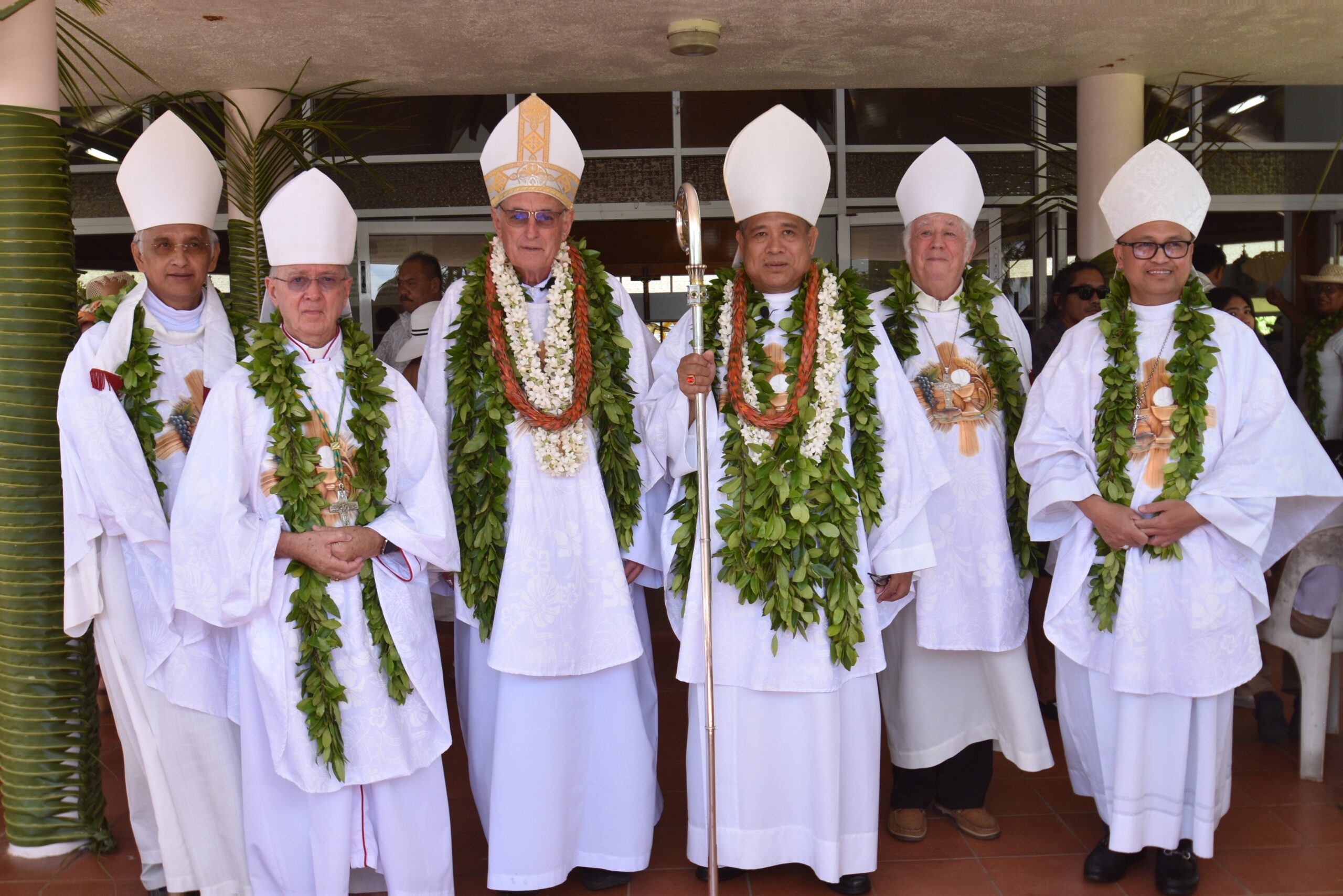MARSHALL ISLANDS – A steady flow of women seeking court relief from domestic violence confirms that spouse abuse continues as a serious problem in the Marshall Islands.
Since the beginning of the year, four women have filed with the High Court, seeking protection from abusive partners. This puts Majuro on track for outpacing last year’s record of 16 domestic violence protection orders issued by High Court judges.
The European Union, Australia and the United Nations Women’s program announced last week a new, US$22 million project to improve gender equality and address violence against women and girls in the Marshall Islands and nine other Pacific nations.
The domestic violence problem in the Marshall Islands has been documented through numerous surveys. One recent study prepared by Women United Together Marshall Islands, the national women’s organisation in the country, reported that over 80 per cent of women surveyed said they had experienced some form of violence in their families.
In the four cases filed since January by women seeking the High Court’s help to protect them from abusive partners, High Court Chief Justice Carl Ingram and Judge Colin Winchester immediately issued protection orders requiring the assailant to stay 200 feet away from the victim. One of the four women turned her temporary order into a permanent protection order, separating her from her former partner.
The other three said they had reconciled with their male partners a few days after the assaults out of concern for their children, so asked the court to dissolve the restraining order.
A total of 28 domestic violence cases were filed during 2016 and 2017. There were 12 in 2016 and 16 last year. These reflect the court’s establishment since 2016 of an administrative process that does not require a lawyer for women to file a motion for a temporary protection order. - RNZI









































